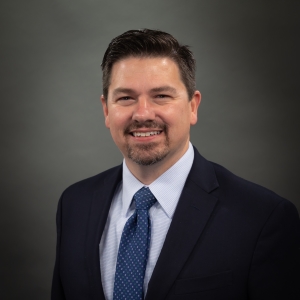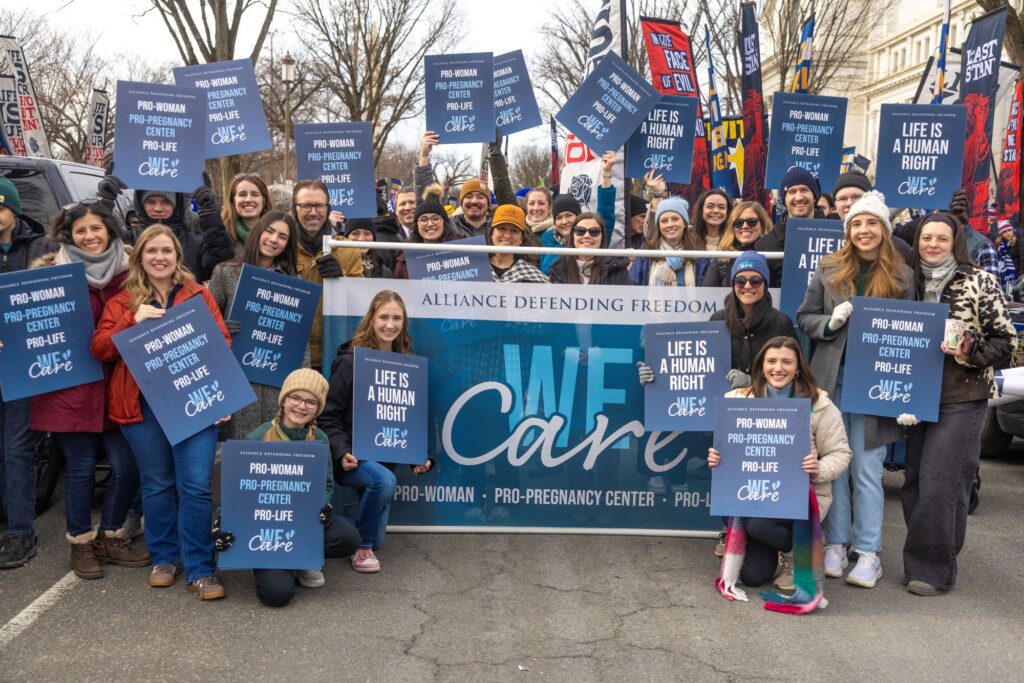
For a state lawmaker, protecting citizens’ health and safety is an important duty. This responsibility is even more significant when it comes to protecting vulnerable children.
Children who experience discomfort with their biological sex deserve to be treated with dignity and respect and need compassionate, effective mental health care. But radical activists have sought out these vulnerable minors to push them toward “gender clinics” that deceive them into believing that unnatural, life-altering and even permanently sterilizing puberty blockers, hormones, and surgeries are the solution to their struggle.
State lawmakers can protect children and parents from being pressured into agreeing to these harmful, experimental “gender transition” procedures by enacting laws that prohibit the administration of puberty blockers, cross-sex hormones, and surgeries on minors who experience discomfort with their biological sex.
Why are these laws needed?
We must be clear: the experimental gender-transition procedures foisted on our children are often irreversible. They prevent healthy puberty, radically alter the child’s hormonal balance, and may even remove healthy external or internal organs and body parts.
And not only are such drugs and procedures dangerous, but they are also experimental and unproven. In fact, multiple long-term studies show that when young children who experience gender dysphoria are allowed to mature naturally, most of them—over 90 percent according to some sources—grow out of their dysphoria.
And that is why a growing number of nations, including some that pioneered these medical transitions, are reversing course. Health authorities and medical associations in England, Sweden, Finland, France, Australia, and New Zealand are warning against and even curtailing the use of puberty blockers, hormones, and surgeries on children with gender dysphoria.
Instead, they are putting psychological treatment and counseling at the forefront of caring for these minors, who frequently suffer from other psychiatric conditions.
We are also hearing from a growing movement of “detransitioners” who have come to realize—after undergoing hormone treatments or surgeries—that they were lied to, that their medical gender transition was a devastating mistake, and that their true “gender identity” is aligned with their biological sex. Many of them are now bravely speaking out about the damage caused by being rushed into these drugs and procedures without understanding the consequences.
Sadly, proponents of these procedures aren’t relying on common sense or biological reality. And our children are bearing the brunt of the harm.
What do these laws do?
While several states are considering legislation that prevent minors from accessing these dangerous drugs and surgeries, there are three key components vital to ensuring these protections are as effective and comprehensive as possible.
1. The law must prohibit the administration of harmful medical procedures on minors who experience discomfort with their biological sex.
Irreversible, potentially sterilizing pharmaceutical interventions and surgical procedures are never the answer for children who are experiencing discomfort with their sex. Legislation must be clear about which practices are dangerous and therefore must be inaccessible to minors.
2. The law must set well-defined boundaries for the situations in which it does and does not apply.
While these drugs and surgeries are irreversible and dangerous for healthy children experiencing discomfort with their biological sex, there are legitimate uses for some of these—such as the short-term use of puberty blockers for precocious puberty. As such, any bill that prohibits these procedures must ensure that there are clear guidelines for when they are acceptable and when they are not.
3. The law must create a legal remedy for children harmed by these procedures.
The United States has seen an explosion in the number of “gender clinics” in recent years. Countless parents have shared heartbreaking stories of how they went to these clinics seeking help for their child’s discomfort only to be pressured into agreeing to harmful gender transition procedures. Parents are led to believe the widespread meme that “You can have a live son or a dead daughter,” and many fear losing custody if they do not give in and permit their child to transition.
These gender clinics have a huge financial incentive to push children toward medical transition—with one doctor from Vanderbilt University Medical Center describing these procedures as a “big moneymaker.”
Children and families irreversibly damaged by these clinics are entitled to be made whole again, and our laws must hold wrongdoers accountable when they hurt children. That is why legislation must provide a legal remedy for families harmed by the misleading information, irresponsible counseling, and medical malpractice of “gender clinics.”
Where does your state stand?
As of January 2023, only two states have enacted laws completely protecting children from these harmful medical procedures: Alabama and Arkansas. However, over a dozen states are already considering similar bills in the 2023 legislative session—and more are sure to come. It is imperative that we encourage our state lawmakers to stand for truth by passing these critical protections for our children.
The bottom line
Denying the truth that we are either male or female hurts real people, especially vulnerable children. Science and common sense tell us that children are not mature enough to properly evaluate the serious, lifelong ramifications when making important medical decisions. And the decision to undergo dangerous, experimental, and likely sterilizing gender-transition procedures is no exception.
States must enact laws that protect minors from adults who would push them toward life-altering, sterilizing treatments that can cause permanent harm. Lawmakers must stand for the children they have a responsibility to protect.






